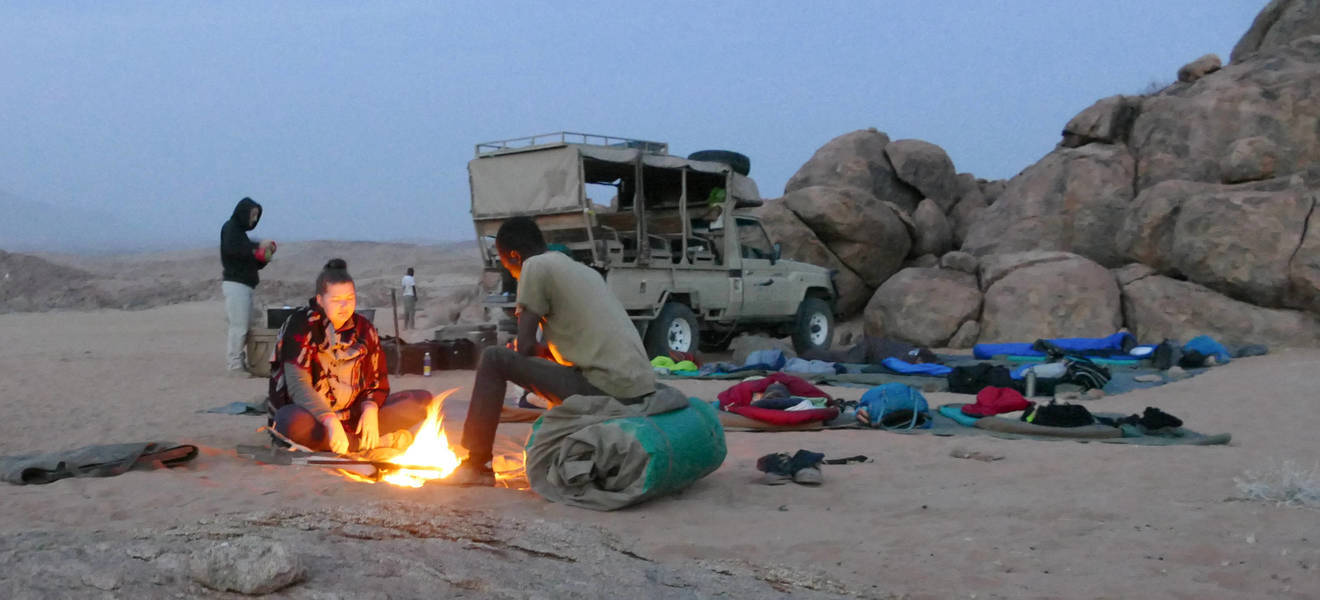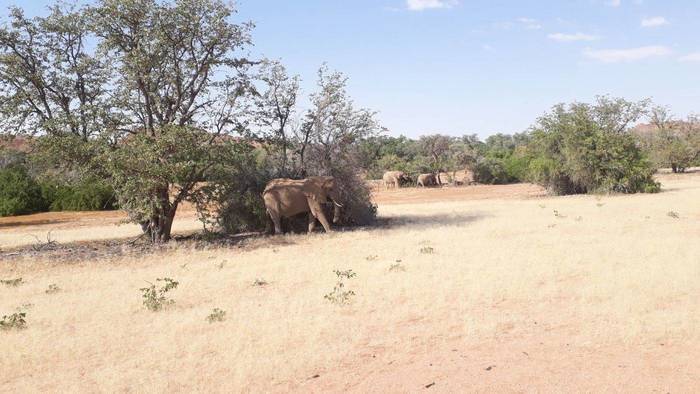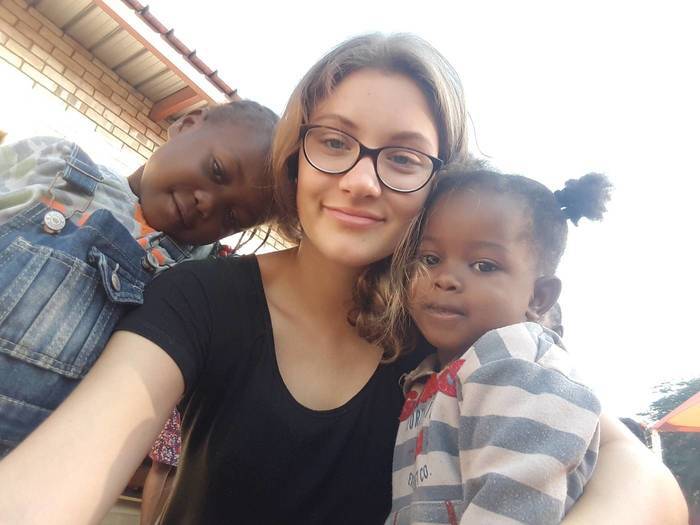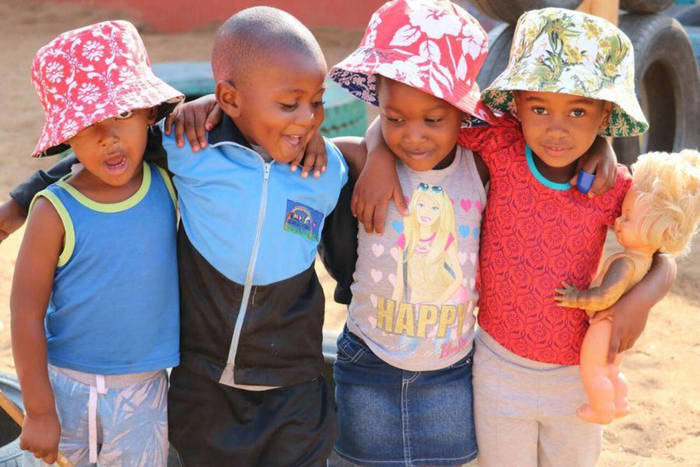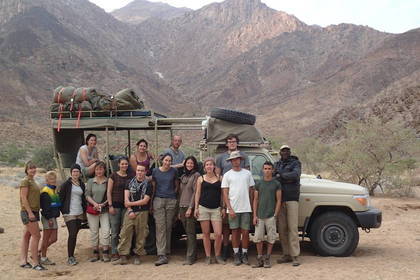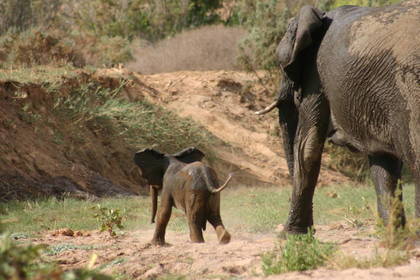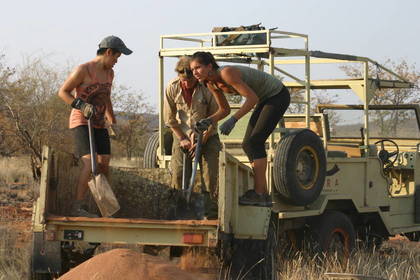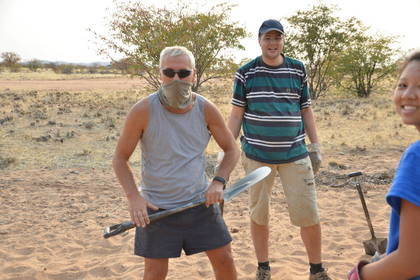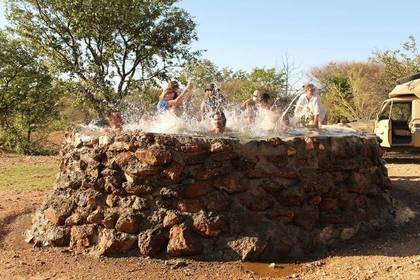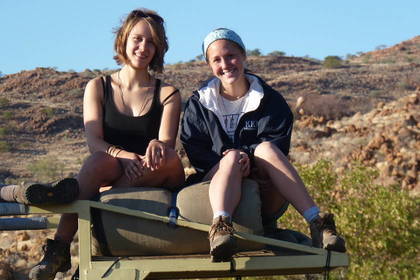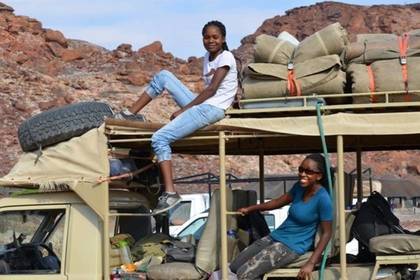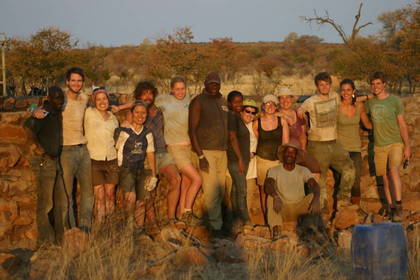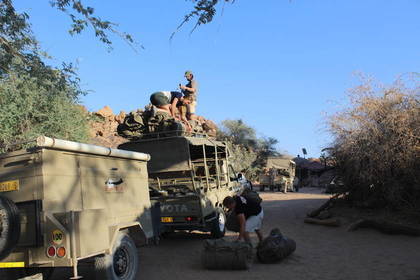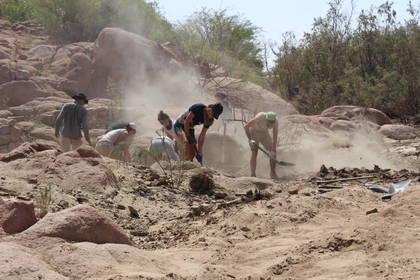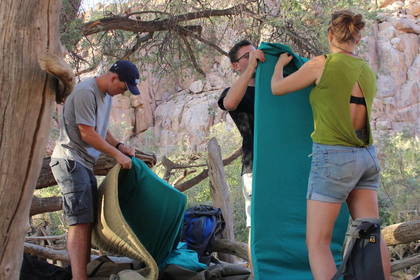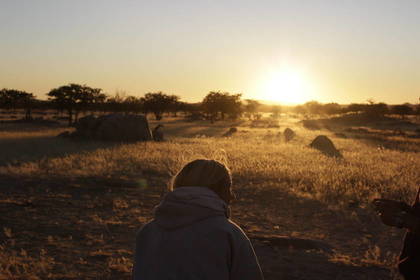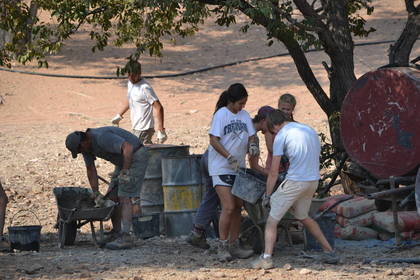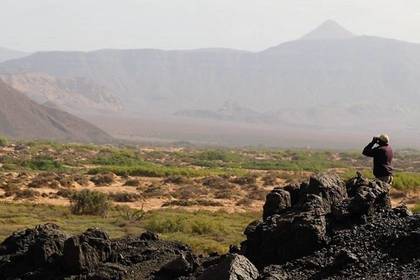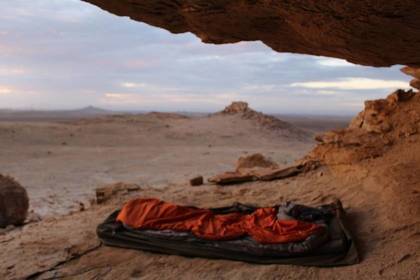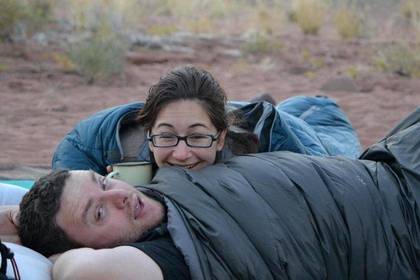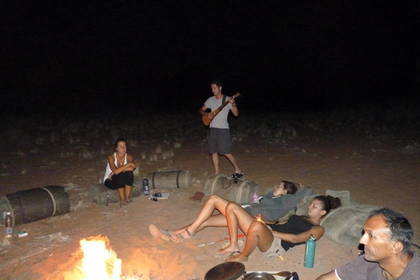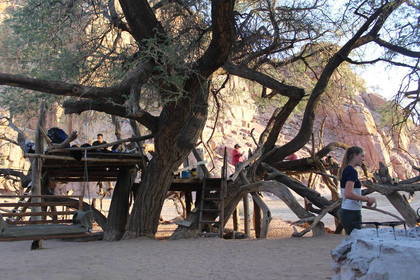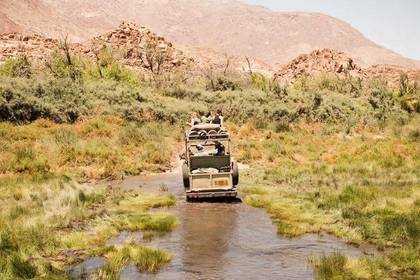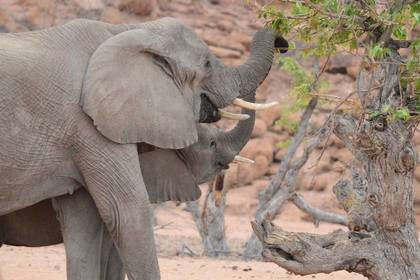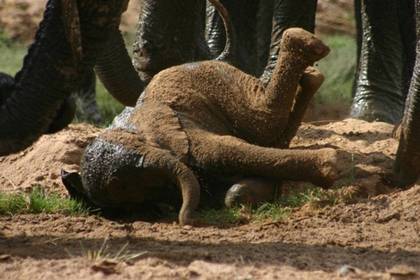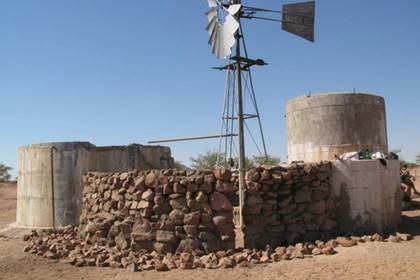Volunteering in Namibia - Elephant Project
- In the middle of nature
- animals in the wild
- Camp Life
Namibia is home to the world's unique desert elephants. In the 80s, however, poachers almost caused the Namibian desert elephants to become extinct, and even today there are still tensions between the population and the pachyderms. Get involved as a volunteer in this project to protect desert elephants and support the organization in educational work to sensitize the population to the subject of animal welfare.
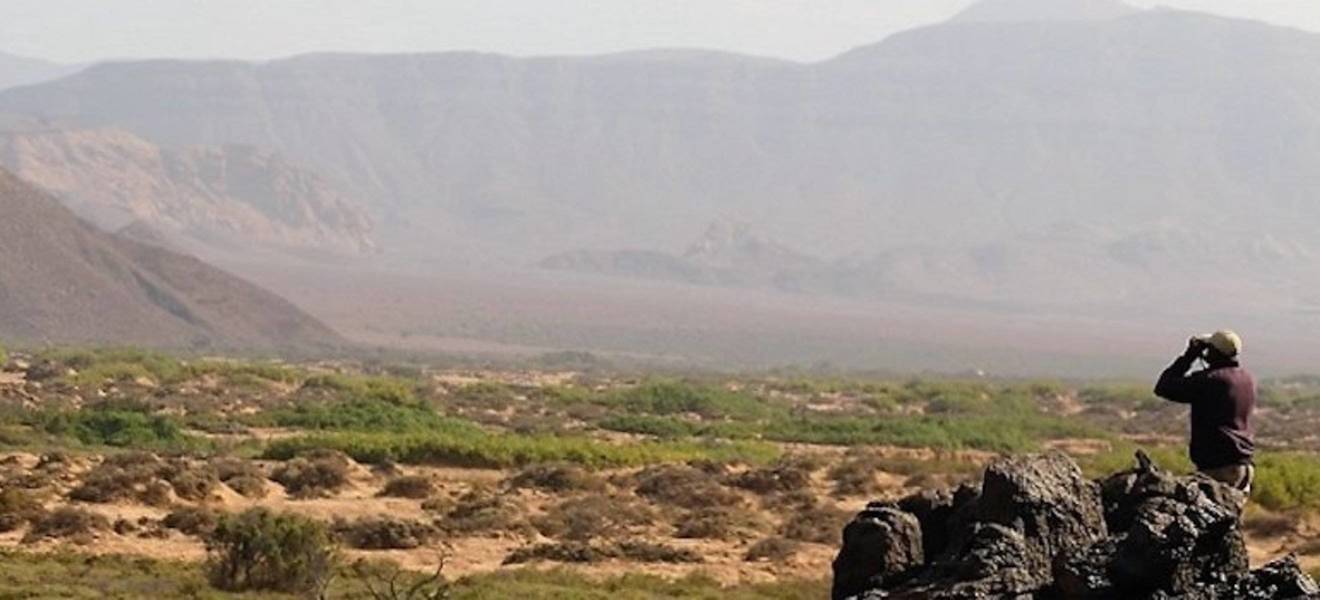
What's the matter?
Namibia is home to the world's unique desert elephants. The pachyderms can survive without water for days, quenching their thirst with the moisture of the plants they eat. In the 80s, however, poachers almost caused the Namibian desert elephants to become extinct. A total of seven herds of elephants are currently living in the desert near the Ugab and Huab rivers.
However, the strict protective measures for the pachyderms are not well received everywhere. There are always tensions between the needs of the surrounding farm families and those of the elephants. The problem is that the animals destroy windmills, dams, pumping stations or wells in search of water. However, neither humans nor animals can survive without sufficient water.
Your place of work is a non-profit organization that works to protect desert elephants in Namibia. In addition to ensuring sustainable access to drinking water, which is vital for everyone involved, the team does educational work among the population. In this way, a peaceful coexistence of humans and animals in the region is ensured. In addition, this is the only organization that collects data about the animals for the Namibian government and, for example, decodes movement patterns. As a volunteer, you help to resolve the tense situation between the population and the elephants.
The aim of the project is to secure the elephant population, prevent the destruction of water sources and educate the population about the protection of the animals.
Your tasks as a volunteer
In this project you will take on different tasks as a volunteer. Above all, securing water holes for the elephants and protecting the water supply systems of farms is one of your central tasks in this project. For example, you build protective walls around the local windmills, because the elephants keep destroying water reservoirs or pumps from farms in their search for water. You also create alternative watering holes for the pachyderms. Your location depends on where help is needed. It is also possible that you stay in the base camp and work there.
On regular scouting tours of the Damaraland region, you'll help monitor the animal population. You collect the GPS data of the elephants directly on site, in the Namibian desert. You evaluate them together with the wildlife team and record them in a database. You will identify the different herds of elephants and analyze their search for water. So you can see where a water point protection program is needed.
Another area of activity is educational work and the support of partner programs. You will help to raise public awareness of animal welfare. The elephants should not be seen as a threat. You can also take part in project work in the surrounding schools. For example, you are committed to setting up a library or a computer room there.
The elephant project takes place every 2 weeks. First you arrive in the coastal town of Swakopmund on Sunday. There you will receive a first small project introduction. You will also get to know your contacts and the other volunteers. On Monday you drive together to the base camp.
- First week: The first week is the so-called construction week. Here it is time to tackle. Your assignment will vary depending on where your support is needed. For example, you also take care of the maintenance of the base camp. At the weekend we go back to base camp. There you can relax and enjoy the Namibian wilderness.
- Second week: The second week begins on Sunday with an introductory program. Then you go on an observation tour in the desert. You are mainly on foot and set up a mobile camp in a different place every day. Cooking is done over an open fire. You then end the evenings together around the campfire in the middle of the wilderness. On Thursday we go back to the base camp and Friday (every 2 weeks) is the day of departure.
While you have an outhouse and a bucket shower at your disposal during the construction week, you have to do without these amenities in the Namibian desert. In the base camp you can enjoy your well-deserved shower at the weekend.
Accommodation Catering
Camp with the desert elephants
In this project you alternate between a base camp and a mobile camp. In the base camp you will find tree houses and a shower. In the mobile camp you have to do without the convenience of a shower. There you will take down your tent with the other volunteers every day and set it up again in the evening at a different location. Nobody can take away the experience of sleeping under the beautiful Namibian starry sky and cooking over the fireplace.
Location
Damaraland
Your project location, Damaraland, is located in southwestern Africa in Namibia and borders the Atlantic Ocean. Here on the west coast is also the Namib Desert, from which Namibia got its name. Damaraland is the main settlement area of the Damara tribe and stretches over several hundred kilometers in the north-west of Namibia.
This is also where the desert elephants, called Loxodonta africana, live, which you will deal with in your project work. The majestic pachyderms stomp over 115 km² of land. Between the dusty savannah and dry branches you see stony mountains towering over and over again. The Brandberg is particularly impressive: when the sun shines on Namibia's highest mountain, it lights up in flames. The 2000 to 4000 year old rock carvings on its rock face will also take you back in time.
If you have an enthusiasm for elephants and don't mind living in a tent for a while, then a very special outdoor adventure awaits you in Damaraland! Experience this extraordinary landscape and wildlife up close!
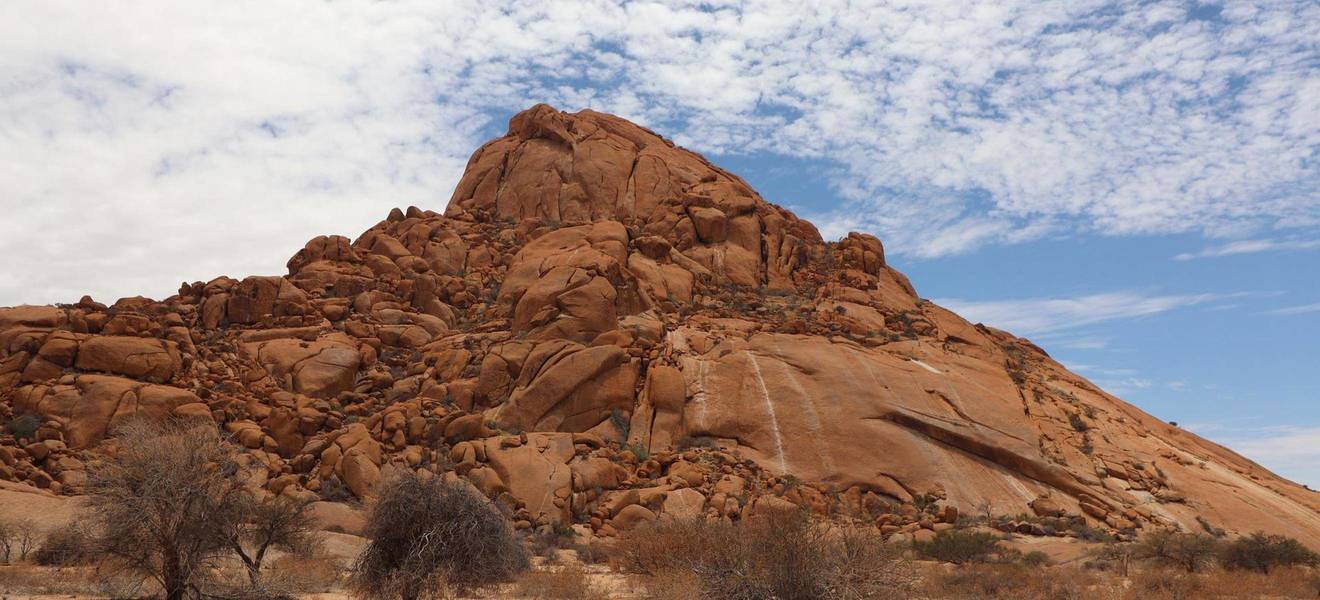
Your free time in Damaraland
Open your eyes - because you can discover a lot here! In terms of landscape, Damaraland is considered to be one of the most beautiful desert regions in Namibia. If you are out and about here, you will see wide hilly landscapes, rugged rock formations, fine sandy dunes and countless dry rivers. The animal kingdom also has something to offer here in the dry region: with a bit of luck you will see the rare desert elephants or even the desert lions, which are threatened with extinction.
In the region's capital, Khorixas, you can go shopping in small shops. About 100 kilometers west of the city lies the main attraction of Damaraland, which you should not miss: the rock engravings of Twyfelfontein. With more than 2000 drawings and engravings by Bushmen, the UNESCO World Heritage Site is one of the richest archaeological sites in Africa. It is estimated that the rock carvings date back to around 3300 BC. are created.
If you are already there, a visit to the Damara Living Museum is also worthwhile. This open-air museum gives you an insight into the way of life of the Damara.
Another attraction are the so-called “organ pipes”. It is a collection of about 5 meter high basalt columns. The impressive formation is definitely worth a visit.
The sight of the “petrified forest” is also fascinating. Unfortunately, this is no longer a real, living forest, but around 280 million years old fossilized remains of tree trunks. A few kilometers from this natural phenomenon, you will find the “Burned Mountain”. It was created around 80 million years ago by a slowly cooling lava flow. It is so eye-catching as it stands out in dark black-grey compared to the sand-colored surroundings.
On-site procedure
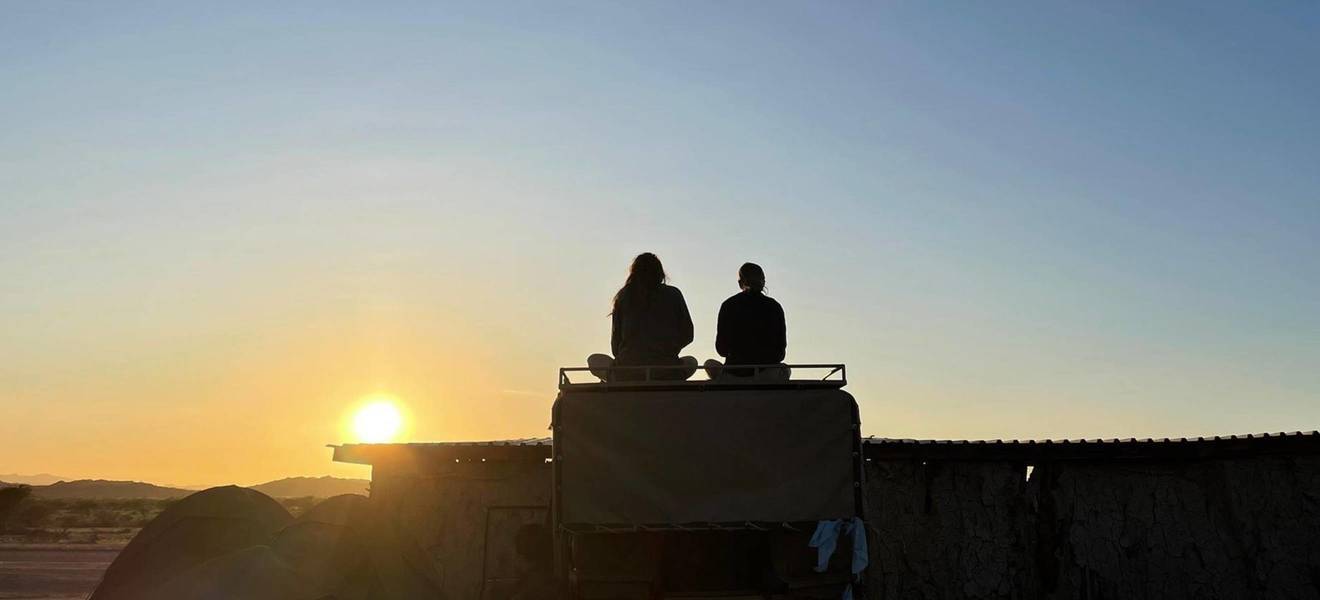
Arrival in Namibia
There are two options for your journey to the elephant project:
- Either you fly direct to Walvis Bay, which is only a 20-minute drive from the common meeting point, the coastal town of Swakopmund.
- Or you can fly directly to the capital of Namibia, Windhoek. From Windhoek it is about four hours by minibus to Swakopmund.
We organize both your pick-up at the airport in Walvis Bay and your minibus ticket from Windhoek to Swakopmund.
Our elephant project takes place every two weeks. It always starts on Monday and always ends on Friday. As the orientation program starts on Sunday, it is important that you arrive in the coastal town of Swakopmund on Sunday.
Orientation program in Swakopmund
When you arrive in Swakopmund, you will get to know the other volunteers and your project team on Sunday. After a short introduction and getting to know each other, the next day we start at the base camp. Your contact person will explain everything else about the project process to you here.
Your first day in the project
On Monday at around 11 a.m., you and the other volunteers will set off for the camp. The journey takes around 4 hours. Once there, you will be introduced to the work or given your own tasks.
Pricing
-
base fee€ 1.640, -
-
up to 10 weeks respectivelyextension week€ 530, - / week
-
Departure dates:
included
Services
Before departure
- Individual advice and support from our trained RGV team in Munich
- Organization including placement in the project and coordination of your stay on site
- Assistance with preparation: visa, health care, travel insurance, etc.
- Non-binding flight advice
- Travel ABC with packing list for your travel preparation
- RGV t-shirt
On site
- Orientation program with the team on site
- Support and guidance from the on-site team
- RGV 24h emergency number
- Project t-shirt to wear during on-site activities
- Accommodation in base camp and mobile camp
- Meals: breakfast, lunch and dinner
After return
- Participation confirmation of your voluntary commitment
- Reflection course on your experiences abroad
- Evaluation sheet and optional feedback discussion
not included
Services
- Round trip
- Private expenses on site
- Excursions with microlight flights
- Travel and cancellation insurance
- Visa and Vaccinations
- All nights outside your agreed accommodation
- Public transport and extra transfers
- Airport transfer on the day of arrival and departure
- Overnight stay in Swakopmund at the beginning of Sunday into Monday
- Drinks
Individual
Recommended additional offers
& must-haves
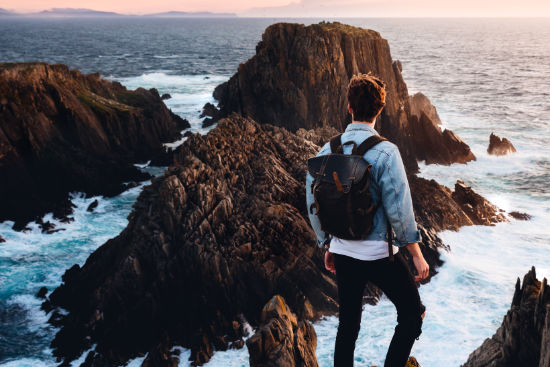
Would you prefer to stay in a single room? Are you vegan or do you have special requests for food? Or do you want to do some cool trips with other volunteers in your free time and explore the country?
With us, you benefit from a variety of optional additional services that you can add individually to your booking, depending on your preferences.
Cheap flights with our flight partner thanks to volunteer rates.
Would you like to receive a cheap flight offer for your stay abroad that is perfectly tailored to you? After you have successfully registered, you can have a non-binding offer created.
The excellent rates for volunteers, students and young people are a great advantage. Arrival times and flight time changes can also be sent directly to RGV upon request, so that our RGV teams in the destination countries are always informed about your arrival times.
These special tariffs give you special added value:
- maximum flexibility for rebookings and cancellations
- generous baggage allowance
- Additional discounts on one-way flights: The new volunteer tariffs include attractive discounts to reduce your financial burden on one-way flights (e.g. for stopovers, project or country combinations).
Benefit from the 4 in 1 ERGO travel insurance.
You can easily book the long-term travel protection of ERGO Reiseversicherung after you have registered. You will receive the links to this automatically after a successful registration.
The following building blocks are included:
- Health Insurance
- Comfort protection: accident, liability and interruption insurance
- Travel insurance
-
Two tools to get you started on your personal developmentPersonal development introductory courseFree of charge
Damaraland
Team
site
Rachel, the head of the Elephant Project, is originally from Great Britain and has been living in Namibia since 2004. Before that, Rachel worked in event fundraising for a charity in London. She has organized fundraising expeditions overseas and has taken many volunteers to Namibia, Ecuador, China, Brazil, Morocco and New Zealand. Rachel is committed to sustainable tourism and believes in the ability of individuals to make it happen. Through the expeditions and travels in Namibia she fell in love with the country where she now lives and leads the organization.
The volunteer coordinator vitro has been working for the elephant project in Namibia since the beginning of 2009. Victro comes from the Damara tribe, but was born and raised in Swakopmund. In fact, she spent her very first night at the Elephant Project's base camp while on a volunteer project. Victro is well organized and coordinates all the volunteers' preparations and keeps the office running.
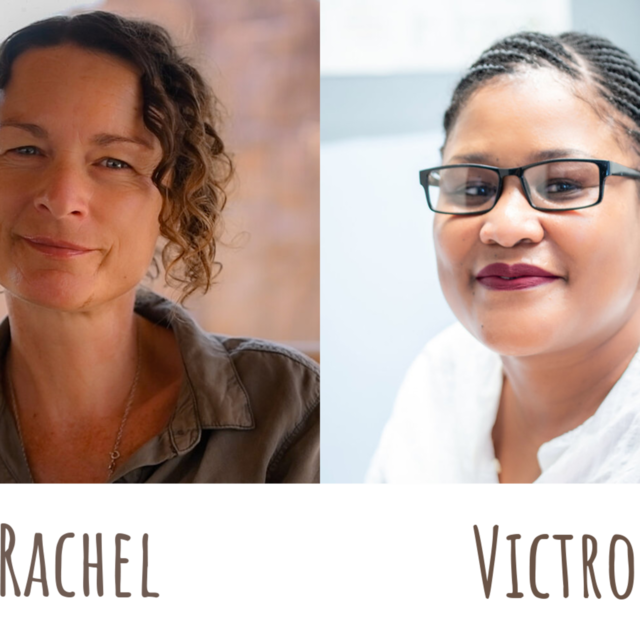
Volunteers talk about their experiences Joint commitment - big impact!
Experiences of volunteering with elephants
You experience an incredible amount and grow into a family with the other volunteers, with whom you sit around the campfire in the evenings and tell each other stories.Report from the elephant project in Namibia
I met so many great people and we had so much fun together! Sitting by the fire in the evening and telling stories, and during the day building walls and watching these magnificent animals, that's what connects us.Experience report from the kindergarten and elephant project
I felt very comfortable traveling with RGV and had an unforgettable time with great experiences and moments in Namibia.Volunteer work in the elephant project and in kindergarten
The positive experiences in the kindergarten led Lea to the decision to study social work.
RGV
FAQ
to the project
What are the project fees used for?
Although we are a non-profit organization, there are costs associated with volunteering abroad. Find out here, why volunteering requires money and what your project fee is used for.
Which visa do I need for Namibia?
For Namibia you can apply for a free tourist visa upon entry at the airport. This is valid for 90 days.
What language skills do I need for the project?
In order to be able to communicate well with the team on site, you should definitely have good English skills.
What vaccinations/ health precautions do I need?
If you are traveling from a yellow fever area, you need a yellow fever vaccination. Otherwise there are no compulsory vaccinations.
We generally recommend a consultation in a practice for travel and tropical medicine.
You can get general information about recommended health care and vaccinations online Center for Travel Medicine as well as on the side of Foreign Office.
When does the project always take place?
The elephant project in Namibia always takes place every two weeks on the following starting dates:
September 25, 2023
09 October 2023
23 October 2023
06 November 2023
20 November 2023
04 December 2023
01 January 2024
15 January 2024
29 January 2024
12. February 2024
26. February 2024
March 11, 2024
March 25, 2024
08 April 2024
22 April 2024
06 May 2024
20 May 2024
June 03, 2024
June 17, 2024
July 01, 2024
July 15, 2024
July 29, 2024
August 12, 2024
August 26, 2024
September 09, 2024
September 23, 2024
07 October 2024
21 October 2024
04 November 2024
18 November 2024
02 December 2024
What are the requirements for the project?
There are no special requirements for the project. You should be physically fit, motivated and interested in animal welfare. A medical certificate is also required.
What do I have to bring?
You will need outdoor clothing for the project. Please also bring an outdoor sleeping bag and a pillow.
What do I have to consider as an LGBTQ person?
Please be aware that homosexual acts are considered undesirable in many countries in Africa, Asia and Latin America and are even punishable by law in some places. In general, people who are identified as queer are often exposed to hostility.
For example, get information from Foreign Office about the exact regulations in your destination country.
Where can I stay between the two-week blocks?
We recommend staying overnight at the Hotel a la Mer, where the shuttle will pick up the participants. This costs around 60 euros per night, but there are also other accommodations from around 30 euros per night. The project is an intensive 2-week experience and ends on Friday lunchtime, approximately two weeks after it began. All volunteers then return to Swakopmund, where they arrive in the evening. For longer stays of 4, 6 or 8 weeks, you will also be taken to Swakopmund every two weeks and spend the weekend there until the shuttle leaves again on Monday. You will then sleep here for three nights. Please note that the costs for these additional nights are your own responsibility. Our team will be happy to help you book on site.
Ready to get involved as a volunteer in Namibia? Start your adventure abroad with Rainbow Garden Village!
Rainbow Garden Village has been offering volunteer work and internships abroad since 1999. What started as a small student initiative in Ghana has now grown into an organization with over 250 projects around the world.
You can be sure that your work as a volunteer will be an unforgettable experience. Bring your commitment and your knowledge to do good locally - and at the same time benefit from the unique experiences that will promote your personal development.
Become part of our RGV community!
We look forward to you.
RGV
Your way
to the volunteer
1
Choose your volunteer project and register online.
2
We will review your application and confirm your participation.
3
Prepare for your assignment online or in our preparatory seminar in Munich.
4
Here we go! During your volunteer work, we will support you at any time with our on-site team.
More projects you too might be interested
Are you not sure yet? Think about whether a spontaneous assignment as a volunteer abroad is the right choice for you or whether you would like to Voluntary social year (FSJ) abroad want to decide.
With RGV you achieve flexible volunteer work in different countries worldwide. Maybe there is one too Internship abroad the ideal choice for you to gain valuable experience abroad.
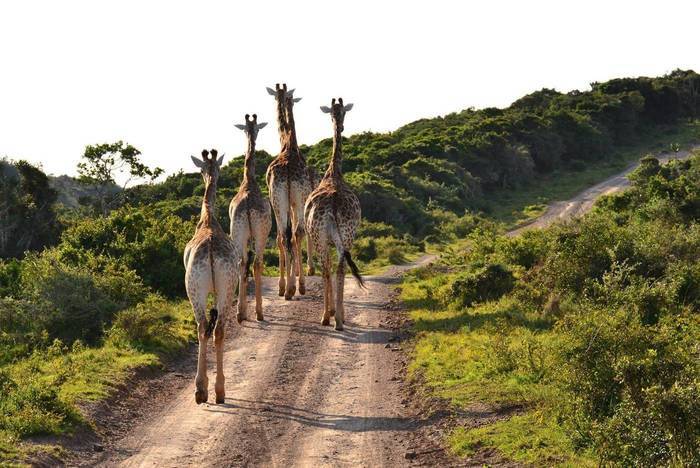
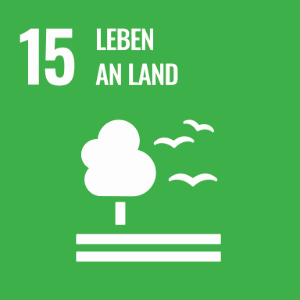
South Africa | wildlife
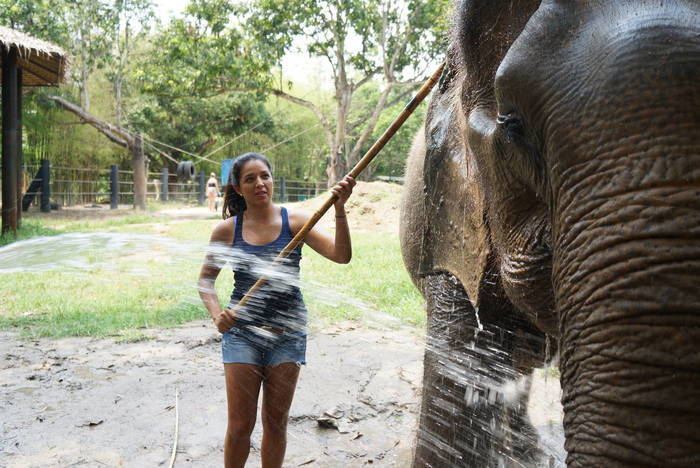

Thailand | elephants
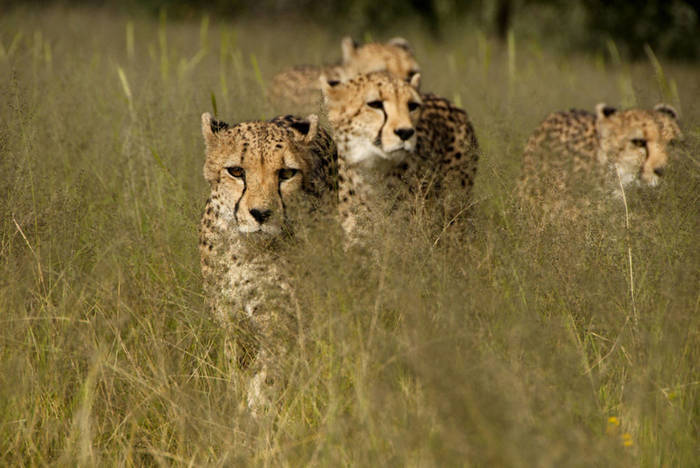

Namibia | big cats

South Africa | wildlife
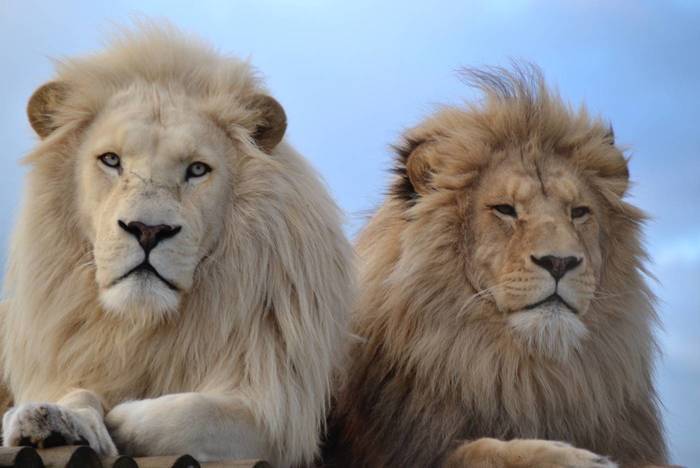

South Africa | big cats
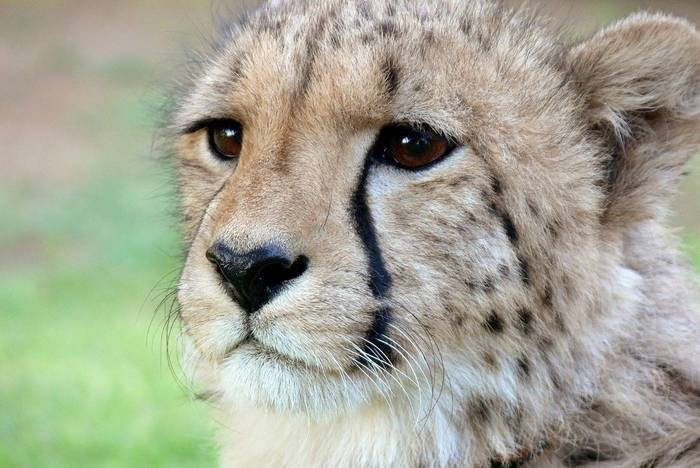

South Africa | big cats


